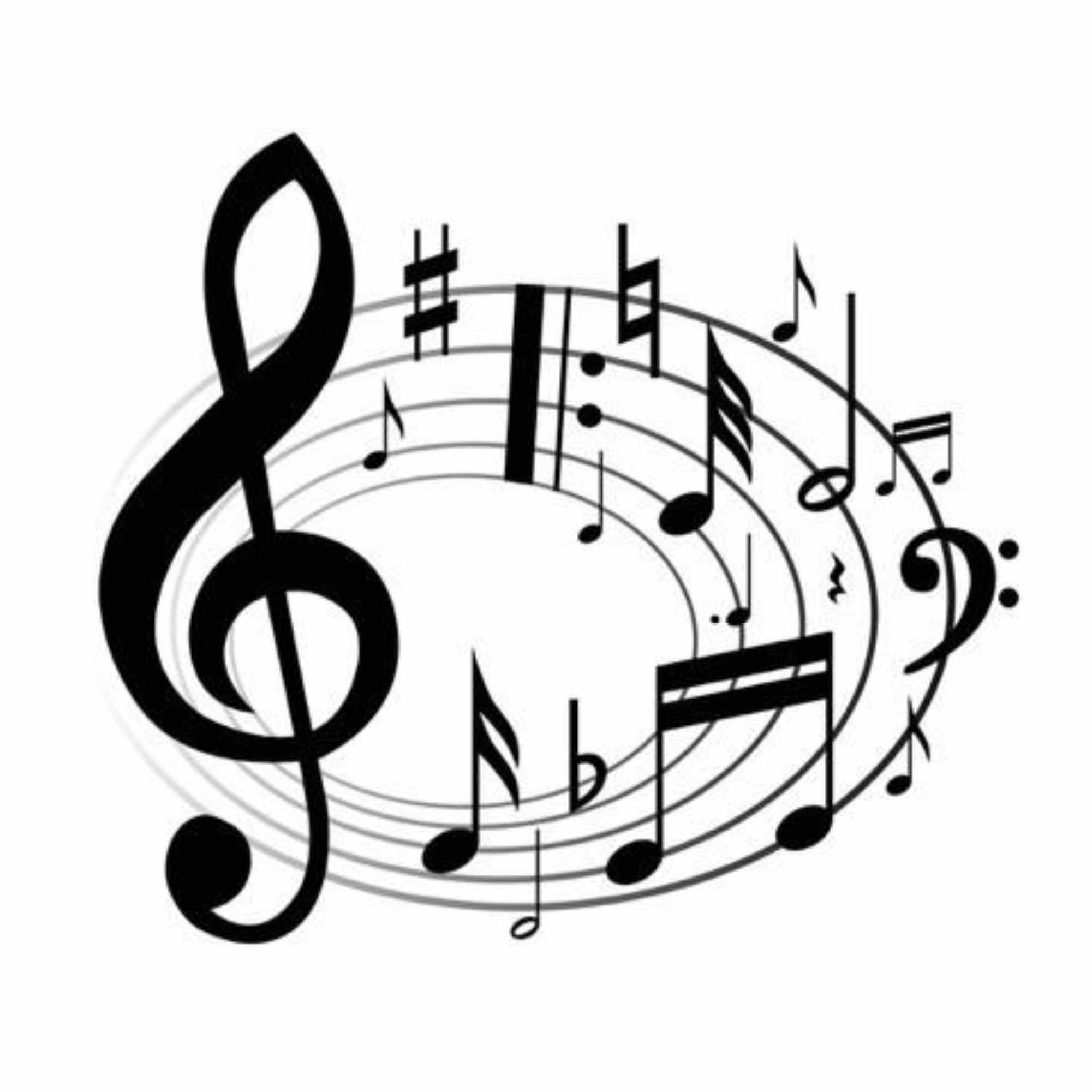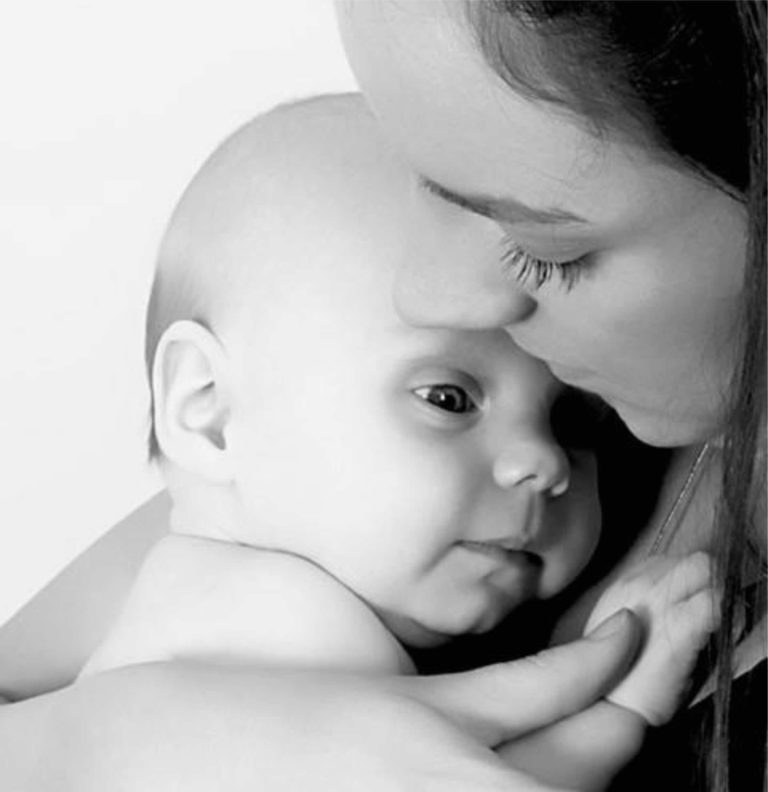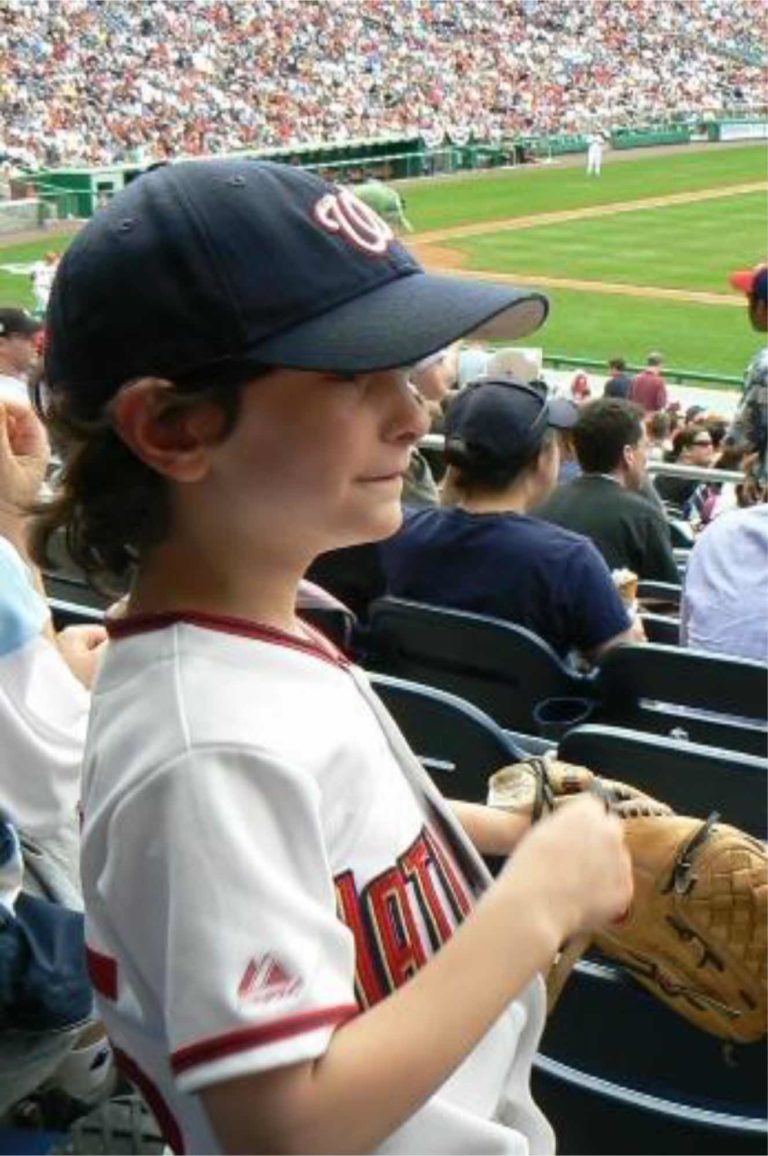When I play the flute I enter another world. I stop being occupied by my every day life. In many ways, unlike spoken language, music transports me into a world of sound, rhythm, melody, song, and emotion. I attend only to the playing of the music itself. As I play, I open myself to feelings conveyed by the music: sometimes calm, sometimes agitated, sometimes laboriously slow and at other times, rapid and skipping jauntily. While the musical notations written by the composer, obviously determine all of these qualities, there is much that I add in my own response to the music on the page. Each time I play, I am influenced by my mood, but playing music is, for the most part, a “time out” from the events taking place at that moment in my life.
Playing music with others is yet another unique way of relating: communicating without words through emotions brought to life by the music. In more senses than one, playing with other musicians involves attending to one’s own playing, the playing of the others, and, literally and figuratively, getting in tune with one another. When that goes badly, it feels awful; but when it goes well, it is an incomparable pleasure.
There is a similarity to my psychoanalytic work with patients. I set aside thoughts about the every day events of my life and listen beyond the patient’s spoken words to the tone and rhythm of speech in a search for underlying meanings in a way that is similar to playing a duet with another musician.



